In the deepening winter, Palestinian shepherds needed to watch their flocks by night. (There’s a song about it!) This week, we consider a seasonal bible reading and two books by a modern-day shepherd as we listen for the trustworthy pastoral voice that calls us - and wonder where it leads.
A section from the gospel according to Matthew says:
“What do you think? A man owns a hundred sheep and one of them wanders away. Will he not leave the ninety-nine on the hills and go to look for the one that wandered off?
If he finds it, I tell you, he is happier about that one sheep than about the ninety-nine that did not wander off.
In the same way, your Father in heaven does not want any of these little ones to perish. ”
Jesus understood the pastoral life.
We are in the season of Advent, spending more time in darkness than light. It is good to listen to those, like shepherds, who understand the land and the beasts that live on it.
You may like to read two books that offer such an opportunity this Christmastide: The Shepherd’s Life and English Pastoral - both by James Rebanks (Penguin Books). James is a shepherd who lives, works and writes on the Northern shores of Ullswater in the Lake District.
He describes life in the Lakes not from a tourist’s perspective but as someone who lives there at the mercy of each season, whose life depends on keeping animals safe and well. These are books about his past, his inheritance - from grandparents and parents - of land, stock and books. They also speak of the present world, experienced with all its contradictions. They offer a trepidatious yet hopeful gaze into the future.
What have generations past given to you? How does it tie you down and / or enable you to feel rooted in the present? What of your own life experience do you want to pass on to those who follow?
~
Only someone married to the land and its beasts can speak to us of the world our forebears abandoned - for cities and the fleeting promise of ease. Someone like that can help us to grasp Jesus’ words.
James speaks of his flock becoming hefted - attached almost umbilically to a piece of upland pasture (in the Lakes, known as a Fell). They live on it in the summer and return to it with their lambs after the winter. They know it is home and they pass that sentience on, in their DNA, in motherly milk.
Sometimes, his sheep need rescuing from snow drifts:
“I can tell it is deep snow before I open my eyes just by the missing noise. But a clock is ticking in my head, telling me that until I have seen and fed all the sheep my work will not be done.”
This is the world of Jesus’ metaphor.
There are two ways to look at his words. First, to conclude that sheep are stupid and need to be saved from themselves by the Shepherd; they are lost. Or, in keeping with the pastoral worldview, we conclude that the sheep know the way to their pasture because they are hefted to it. It is only when they are in trouble that they need the Shepherd - and his border collies! In this view, Jesus is saying you and I have a homing instinct. We are travelling to a pasture we already know. And every human being we meet is, in some way, following this call.
The best and first thing we can all do is find this powerful voice for ourselves and be true to it.
Photo by Cristina Gottardi on Unsplash
Before Jesus uses this image, he tells us not to despise the little ones - who have angels that see the mothering face of God. The homing instinct is portrayed in a radiant metaphor; seeing such as these cared for is divine happiness.
In English Pastoral, James defines ‘Pastoral’:
“Origin late middle English, from Latin pastoralis ‘relating to a shepherd’: from Pastor, Shepherd.
Adjective:
1) (of land) used for the keeping and grazing of sheep or cattle.
2) (in the Christian church) concerning or appropriate to the giving of spiritual guidance. ”
Perhaps followers of Jesus the good shepherd are called not to see themselves as saved, right or enlightened - but as someone hefted, with the rest, to a pasture leading through this life and perhaps beyond. If we follow those deep instincts, we may be able to offer help to those who lost touch with their own. This is truly pastoral.
May you feel, once in a while this Advent and Christmastide, what James describes here:
“The sun struggles to rise above the fells, and the valley bottom remains in shadow, like the dusky hull of a boat. The barn owl hunts across grey afternoon fields.
On the distant peaks, the snow has returned: the shepherd’s ‘white dog’ brings the last stray ewes down to the fell gate.
As darkness descends, the shepherd, full of mince pies, snoozes in the farmhouse by the fire, his dog asleep by his feet. There are countless things that might be done, but for now he has done his best, and that is all any of us can do. ”
Spend some time reflecting on these things, lighting a candle or fire to gaze upon if you wish.


